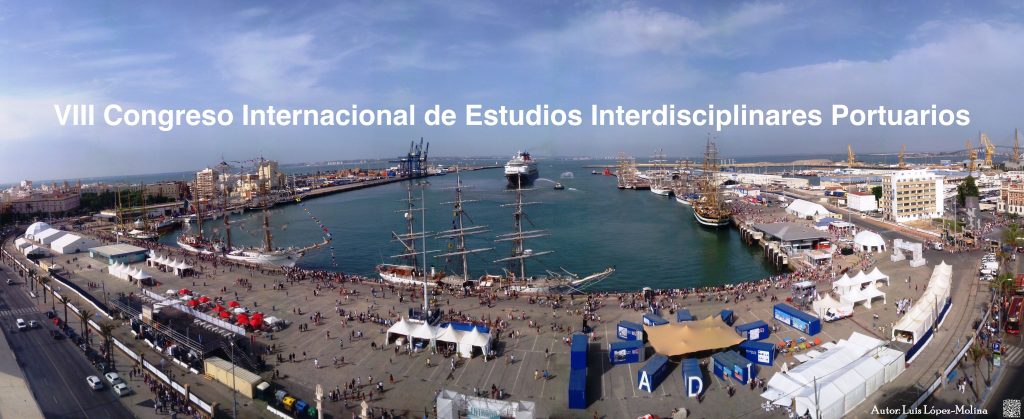VIII Congreso RedEP

La Red Interdisciplinar de Estudios Portuarios RedEP, en colaboración con distinas entidades organizan en la Universidad de Cádiz, el VIII Congreso Internacional de Estudios Interdisciplinares Portuarios y las IV Jornadas Internacionales de Historia y Patrimonio Marítimo, los días 17 y 18 de noviembre de 2021. Dichas actividades son continuidad del VII RedEP, en el caso del Congreso que vienen celebrándose desde el año 2009.
El evento tendrá como eje de análisis el puerto, la logística multimodal y el mar en general, entendiendo que los mares, así como los puertos y aduanas (que son mucho más que una estructura funcional); son el resultado de la interacción entre agregados humanos y la concentración demográfica de diversos horizontes culturales, pues constituyen espacios de difícil integración en el contexto urbano, que pueden dar lugar a clúster económicos y áreas recreativas, entre otras actividades. Fenómenos que requieren un estudio multidisciplinar.
La diversidad de enfoques en torno al puerto y su logística motiva el desarrollo de diferentes aproximaciones: los puertos pueden ser examinados tanto en un contexto local como desde la perspectiva amplia de las ciencias sociales a escala mundial; se puede hacer hincapié en la relación entre los puertos, o bien entre los puertos y sus hinterlands y forelands. También se puede insistir en las relaciones sociales, culturales y jurídicas entre los agentes sociales dentro de los puertos y de las ciudades portuarias; se pueden abordar problemáticas con un enfoque sincrónico de las actividades en un puerto o en varios u otro diacrónico de los procesos que determinaron la historia de uno o más puertos.


